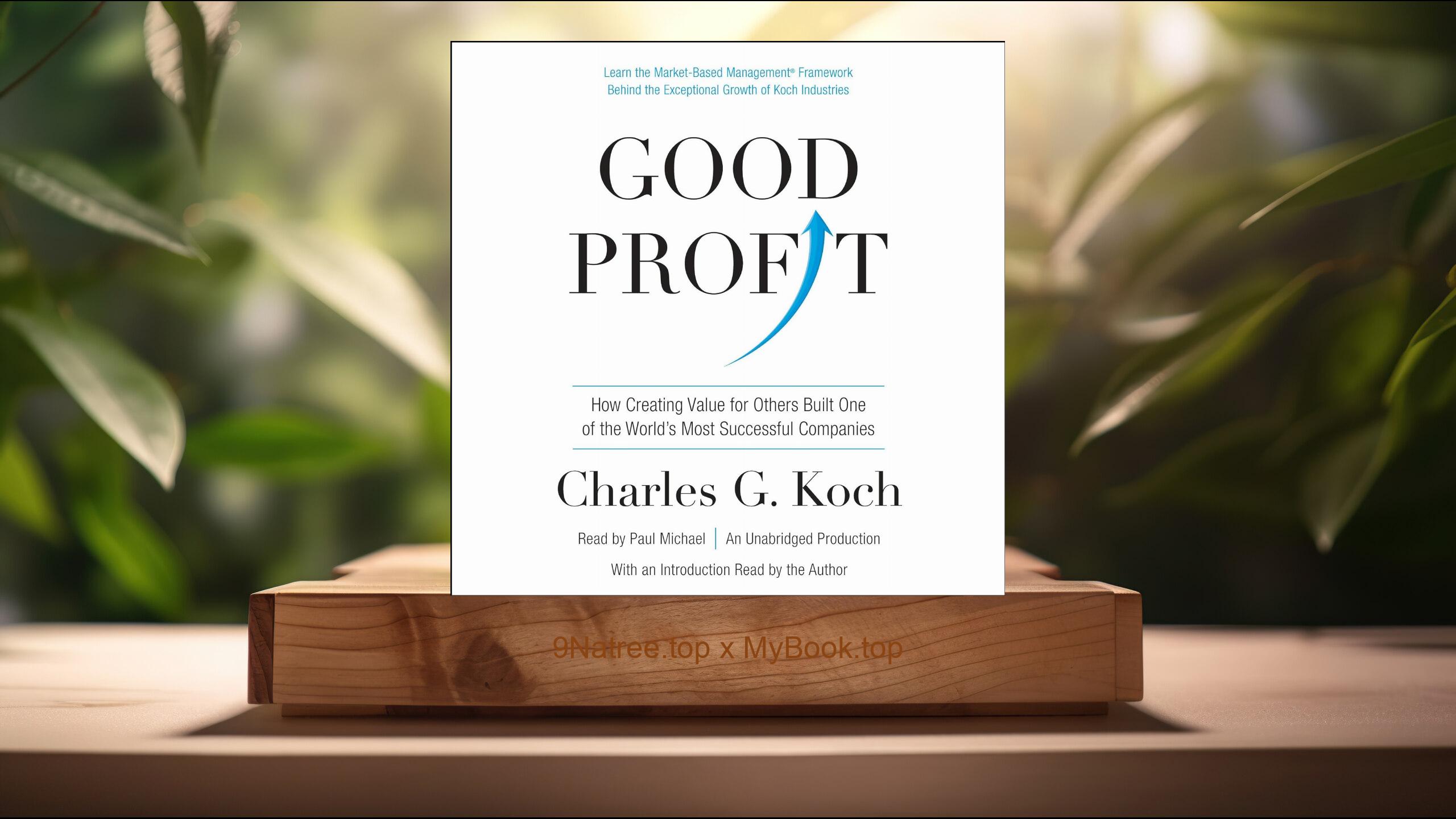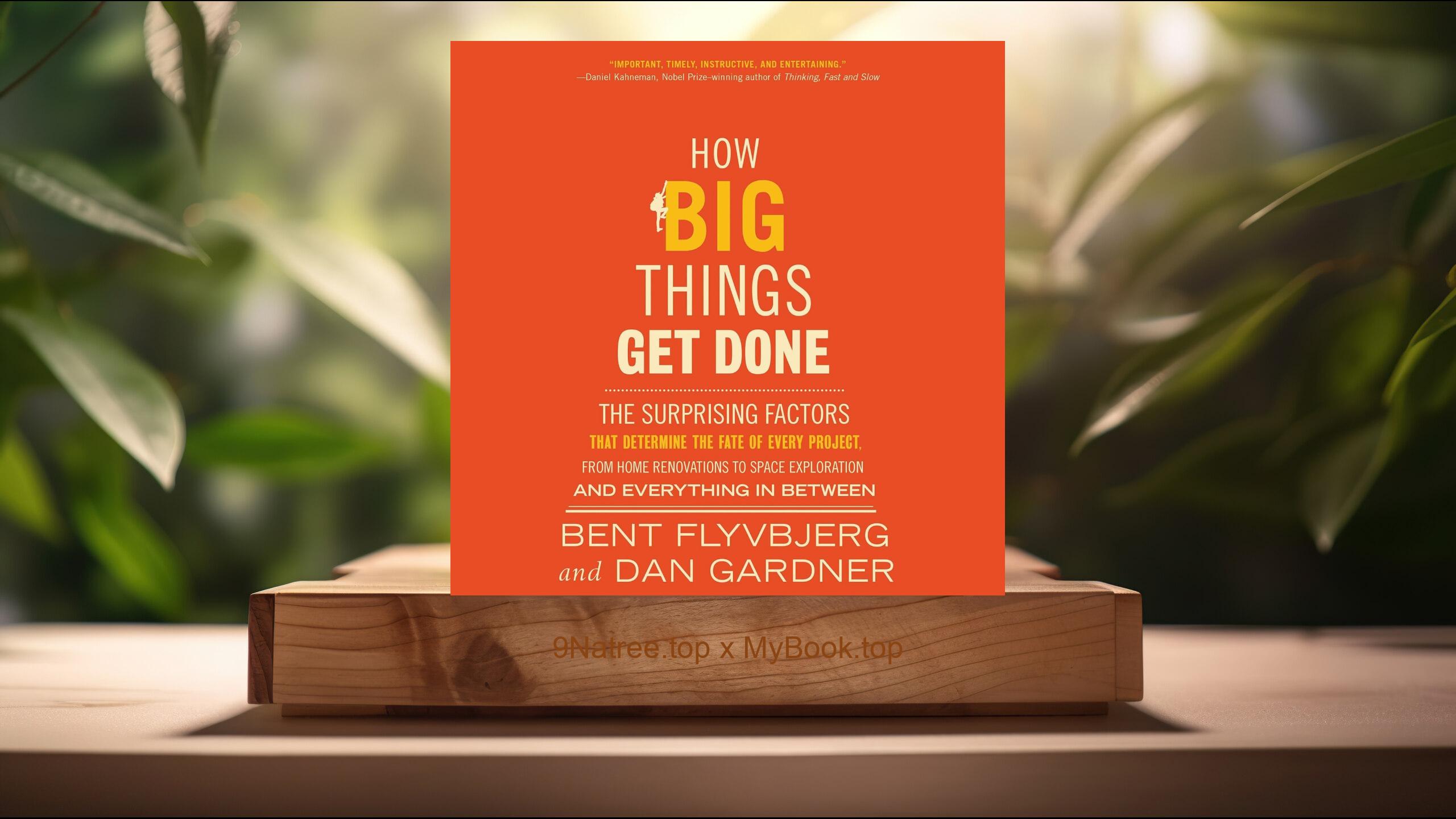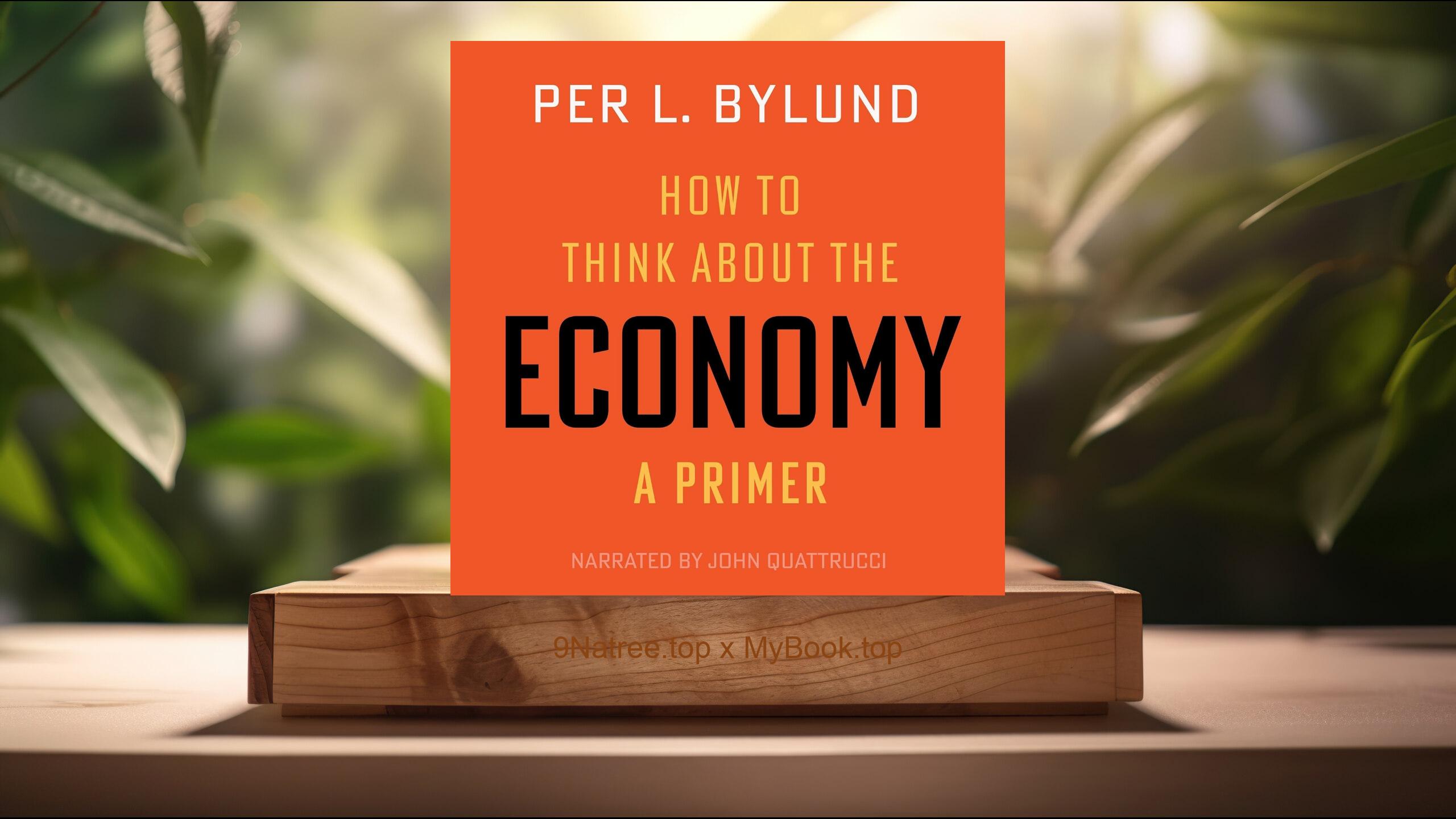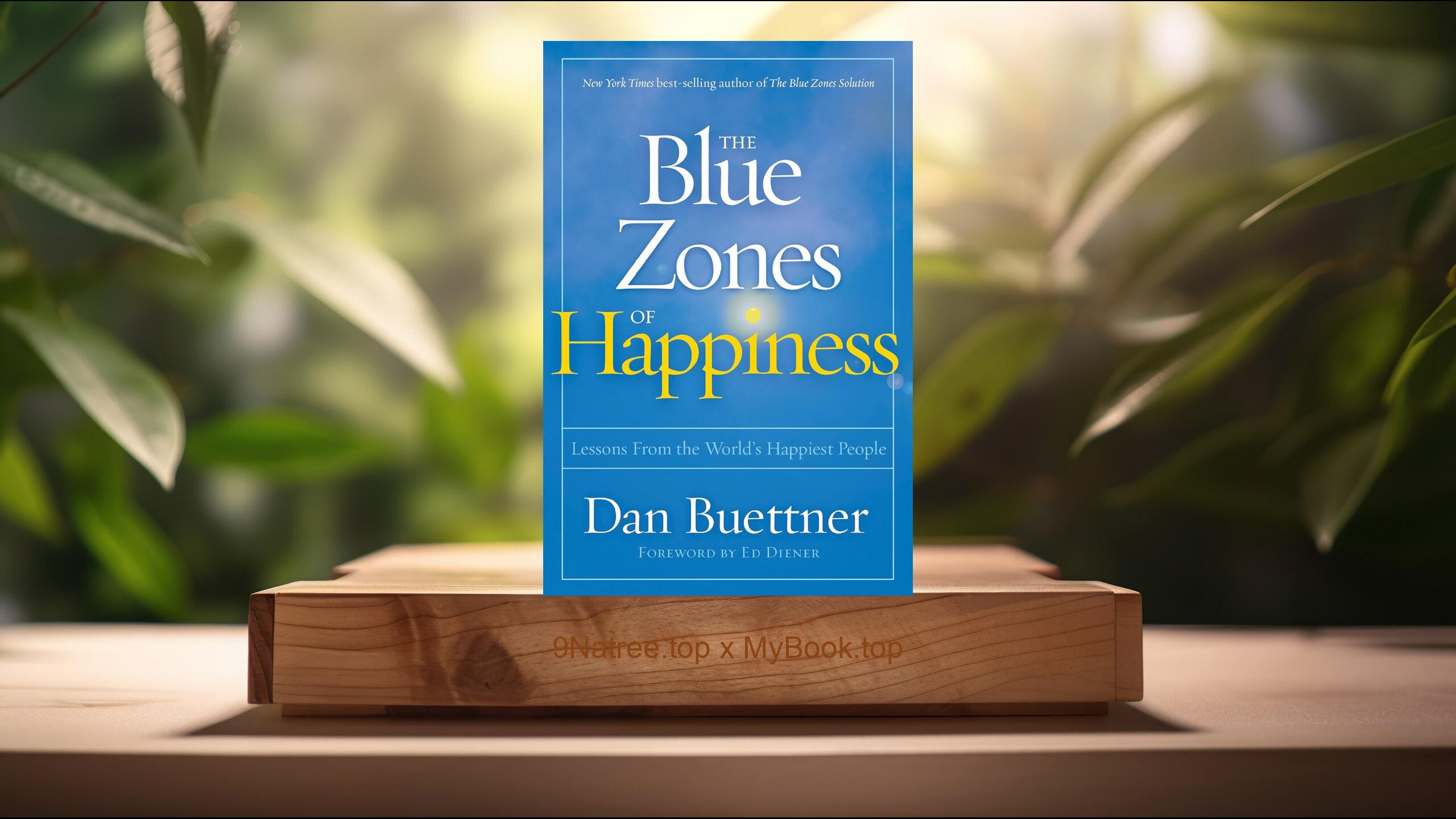Show Notes
- Amazon US Store: https://www.amazon.com/dp/B0769X1SQ5?tag=9natree-20
- Amazon Worldwide Store: https://global.buys.trade/How-to-Think-A-Survival-Guide-for-a-World-at-Odds-Alan-Jacobs.html
- Apple Books: https://books.apple.com/us/audiobook/how-to-think-a-survival-guide-for-a-world-at-odds-unabridged/id1418357929?itsct=books_box_link&itscg=30200&ls=1&at=1001l3bAw&ct=9natree
- eBay: https://www.ebay.com/sch/i.html?_nkw=How+to+Think+A+Survival+Guide+for+a+World+at+Odds+Alan+Jacobs+&mkcid=1&mkrid=711-53200-19255-0&siteid=0&campid=5339060787&customid=9natree&toolid=10001&mkevt=1
- Read more: https://mybook.top/read/B0769X1SQ5/
#criticalthinking #cognitivebiases #socialinfluence #informationoverload #reflectivepractices #empatheticlistening #moderndiscourse #thinkingcommunities #HowtoThink
These are takeaways from this book.
Firstly, The Emotional Impediments to Thinking, One significant point that Alan Jacobs emphasizes is how emotions strongly influence our ability to think critically. He argues that our emotional responses to certain topics or viewpoints often cloud our judgement, leading us to make decisions or form opinions based on feelings rather than facts. Jacobs discusses several cognitive biases that stem from these emotional reactions, such as confirmation bias, where individuals favor information that confirms their preexisting beliefs. He suggests methods to mitigate these influences, including practicing mindfulness and engaging with diverse perspectives to broaden one’s understanding and reduce emotional volatility when confronted with differing opinions.
Secondly, The Role of Social Pressure, Jacobs dives into the role of social environments in shaping how we think. He points out that humans are inherently social creatures who often conform to the opinions and behaviors of their group to avoid conflict or alienation. This phenomenon can significantly limit individual thinking and promote groupthink. Jacobs encourages readers to recognize this social conditioning and strives to cultivate an environment where questioning and individual thinking are respected and fostered. He suggests various strategies, such as seeking out 'thinking communities' that share a commitment to dialogue and critical examination.
Thirdly, The Importance of Contemplative Thinking, Another key aspect discussed in the book is the importance of contemplation and taking time to think deeply. In an era where information is constant and immediate, Jacobs stresses the value of stepping back from the noise to engage in reflective thinking. This practice involves analyzing information critically, questioning assumptions, and considering multiple perspectives before forming conclusions. Jacobs provides practical tips for integrating contemplative practices into everyday life, such as journaling, meditative reading, and setting aside specific times for reflection.
Fourthly, Understanding Others, Jacobs emphasizes the importance of empathetic and active listening to truly understand where others are coming from, especially those with opposing views. By genuinely trying to understand the thoughts, feelings, and backgrounds of others, we can better navigate conversations and conflicts. This practice not only aids in reducing misunderstandings but also fosters respect and patience across differing viewpoints. Jacobs offers guidance on how to cultivate these skills, including exercises in perspective-taking and tips for engaging in meaningful dialogue.
Lastly, Resisting Information Overload, In 'How to Think,' Jacobs addresses the challenge of information overload in the digital age, where data and opinions are incessantly bombarding us. He advises on the importance of being selective with information sources and taking control of the information flow to avoid cognitive exhaustion and confusion. By carefully choosing what to read or listen to and setting boundaries on information consumption, individuals can maintain focus and improve their capacity to think critically. Jacobs also discusses techniques to improve information processing and retention, which are crucial in navigating the overwhelming sea of available data.
![[Review] How to Think: A Survival Guide for a World at Odds (Alan Jacobs) Summarized](https://episodes.castos.com/660078c6833215-59505987/images/1911645/c1a-085k3-34gjo89wu5v-xerepc.jpg)




